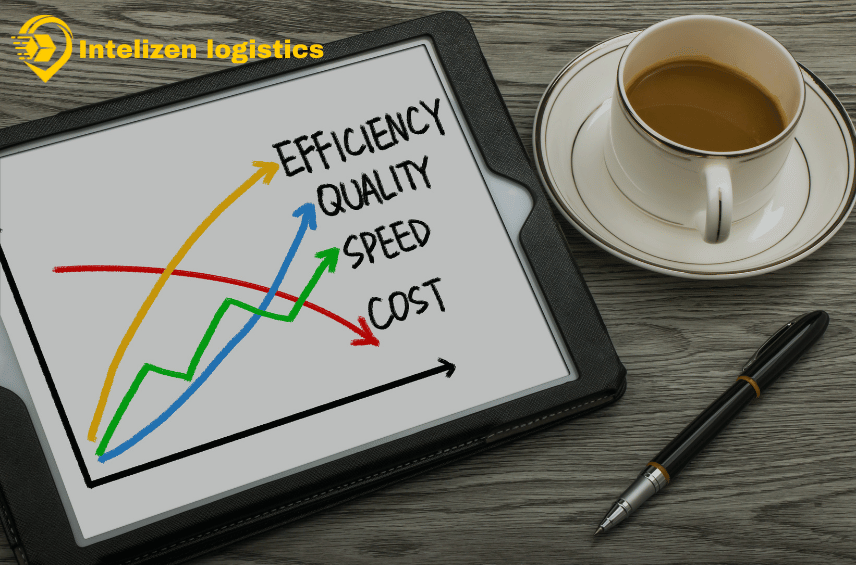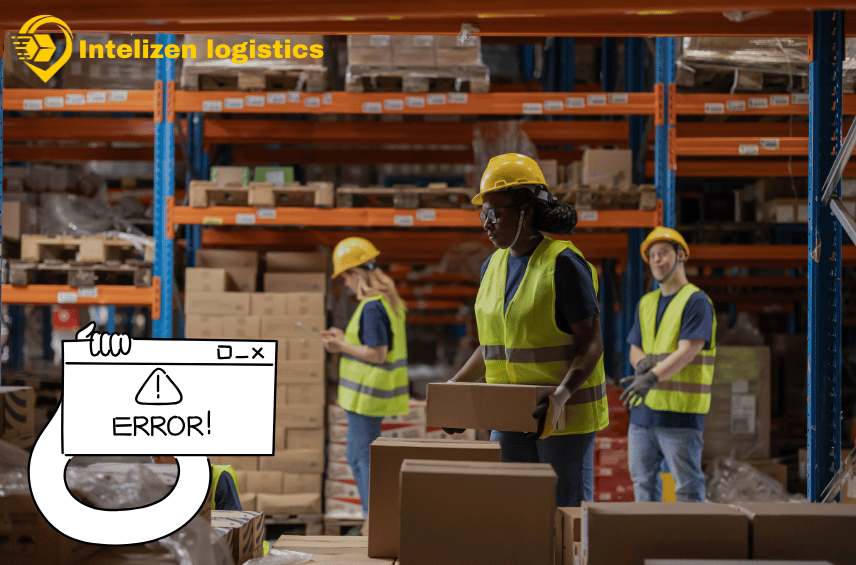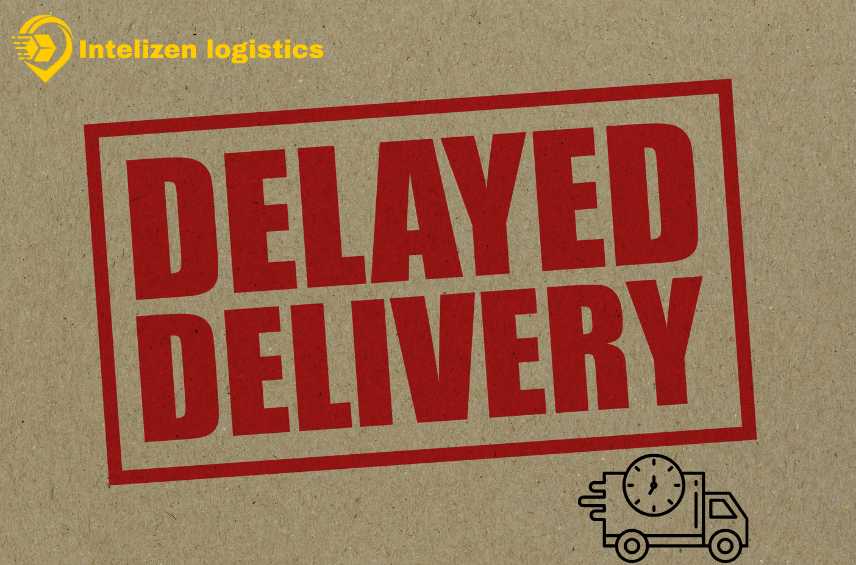In today’s interconnected world, logistics service plays a crucial role in ensuring smooth business operations, customer satisfaction, and long-term brand loyalty. From transporting vehicles across states to delivering bikes via trains within India, reliable and timely logistics has become the backbone of commerce. However, supply chain delays can create ripples that affect not only businesses but also end customers in ways that are often underestimated.
In this blog, we’ll explore how delays in logistics service impact customers, the hidden costs they generate, and the most effective logistics solutions businesses can adopt to avoid them.
1. The Domino Effect of Supply Chain Delays
When a shipment is delayed, the problem doesn’t stop at a missed deadline. Instead, delays trigger a chain reaction:
- Retailers run out of stock – leading to frustrated walk-in and online customers.
- Manufacturers face idle production lines – waiting for critical raw materials.
- Consumers experience disappointment – when promised delivery dates are missed.
- Businesses suffer financially – due to refunds, penalty clauses, or increased shipping costs for expedited replacements.
A single weak link in a logistics service can disrupt the entire flow of operations, making reliability non-negotiable.
2. How Delays Directly Affect Customers
Customers today expect speed, transparency, and consistency. When supply chain delays occur, here’s how customers are impacted:
- Frustration and Loss of Trust: Nothing damages customer trust faster than missed delivery promises.
- Financial Loss: In B2B scenarios, delayed shipments can halt projects, delay payments, and raise operational costs.
- Damaged Reputation: Unhappy customers often share their negative experiences online, hurting brand perception.
- Shift to Competitors: In a competitive market, customers won’t hesitate to move to a provider with more reliable logistics solutions.
Ultimately, customers don’t just buy a product—they buy the experience. And delays erode that experience.
3. Common Causes of Logistics Delays
Understanding the root causes of delays helps businesses craft better logistics solutions:
- Infrastructure Bottlenecks: Congested roads, inadequate rail capacity, or overloaded ports.
- Weather and Natural Disruptions: Monsoons, floods, and storms that frequently affect Indian supply chains.
- Lack of Real-Time Visibility: Without accurate tracking, businesses struggle to anticipate disruptions.
- Inefficient Coordination: Poor communication among supply chain partners creates misalignment.
- Regulatory and Compliance Issues: Customs clearance or state border checks can hold up shipments.
Each of these issues can be mitigated with the right mix of technology and strategic planning in logistics service.
4. Hidden Costs of Logistics Delays
While missed timelines are the obvious cost, delays create hidden burdens:
- Increased storage costs at warehouses.
- Emergency freight charges for expedited alternatives.
- Penalties for breaching service-level agreements.
- Lower employee productivity due to operational disruption.
- Loss of lifetime customer value from churn.
Investing in reliable logistics solutions often saves more money than cutting costs through unreliable providers.
5. Avoiding Delays with Technology
Digital innovation is reshaping the future of logistics service. Tools that minimize supply chain delays include:
- Real-Time Tracking: GPS and IoT-enabled devices ensure constant visibility of shipments.
- AI-Powered ETA Predictions: Machine learning adjusts timelines based on weather, traffic, and historical patterns.
- Warehouse Automation: Automated picking and packing speed up the supply process.
- Digital Communication Tools: Seamless updates between providers, partners, and customers reduce miscommunication.
Smart technology means fewer surprises and greater predictability.
6. Intermodal Logistics Solutions to Improve Reliability
One of the most effective ways to reduce delays is by combining different modes of transportation. For example:
- Rail for Long-Distance: Trains offer reliable, eco-friendly transport for vehicles and heavy shipments.
- Road for Last-Mile: Trucks or smaller vehicles ensure delivery reaches the customer’s doorstep.
- Air for Urgency: Time-sensitive shipments can be prioritized through air freight when speed is essential.
This flexible intermodal approach strengthens logistics service and makes it less vulnerable to disruptions in a single mode.
7. Building Customer Trust Through Proactive Communication
Even with the best logistics solutions, occasional delays are inevitable. What matters is how businesses communicate during disruptions.
- Transparency: Inform customers in advance about any delay.
- Alternatives: Provide faster re-routing options where possible.
- Compensation: Small gestures, like discounts or vouchers, help ease frustration.
Proactive communication turns potential dissatisfaction into loyalty by showing customers they are valued.
8. Case Study: Vehicle and Bike Logistics in India
In India, moving vehicles across states or delivering bikes via trains requires intricate planning. Delays often arise from:
- Congested highways.
- Railway scheduling conflicts.
- Documentation errors at interstate borders.
By combining train freight with localized road delivery and real-time updates, providers like Intelizen Logistics offer logistics service that ensures timeliness while minimizing customer disruption. This hybrid approach reduces supply chain delays significantly.
9. The Role of Sustainability in Reliable Logistics Service
Sustainability and reliability are increasingly linked. Delays often mean wasted fuel, extra trips, and inefficient routes—all harmful to both the environment and the bottom line. Sustainable practices like using rail for long hauls or optimizing routes with AI not only reduce carbon footprints but also cut down on supply chain delays.
Customers value brands that align with eco-friendly practices while still providing dependable logistics solutions.
10. Future of Logistics Service in 2025 and Beyond
Looking ahead, the logistics industry is set to become more:
- Automated: With autonomous vehicles and drones entering mainstream logistics.
- Transparent: Full visibility from origin to delivery for all stakeholders.
- Resilient: Better equipped to handle global disruptions with diversified supply chains.
- Customer-Centric: Focused on meeting rising expectations for speed and flexibility.
The businesses that thrive will be those who embed logistics service reliability into every process.
Conclusion: Reliability is the New Standard Logistics Service
Delays in logistics service are more than operational hiccups—they directly shape customer experiences, financial outcomes, and brand reputation. By investing in smart logistics solutions, integrating intermodal transportation, and maintaining proactive communication, businesses can minimize supply chain delays and secure long-term customer trust.
For companies like Intelizen Logistics, the goal is clear: deliver not just products, but confidence, reliability, and value—one shipment at a time.
For reliable logistics service and smart solutions, visit intelizenlogistics.com
Frequently Asked Questions (FAQs) – Logistics Service
What are the common causes of logistics service delays?
Delays usually occur due to traffic congestion, weather disruptions, inadequate infrastructure, documentation errors, and lack of real-time shipment tracking. Using advanced logistics solutions helps minimize these risks.
How do logistics service delays affect customers?
Customers may face late deliveries, financial loss in B2B scenarios, and frustration from broken promises. Repeated supply chain delays can also lead to loss of trust and customer churn.
How can businesses avoid supply chain delays?
By adopting real-time tracking, predictive analytics, intermodal transport (rail + road), and better communication practices, businesses can ensure timely and reliable logistics service.
Why is communication important during logistics delays?
Transparent updates during disruptions reassure customers and reduce dissatisfaction. Offering alternatives or compensation demonstrates accountability and strengthens relationships despite delays.
What role does technology play in logistics solutions?
Technology like AI, IoT, and warehouse automation improves visibility, predicts potential issues, and speeds up operations—making logistics solutions more efficient and resilient against supply chain delays.





